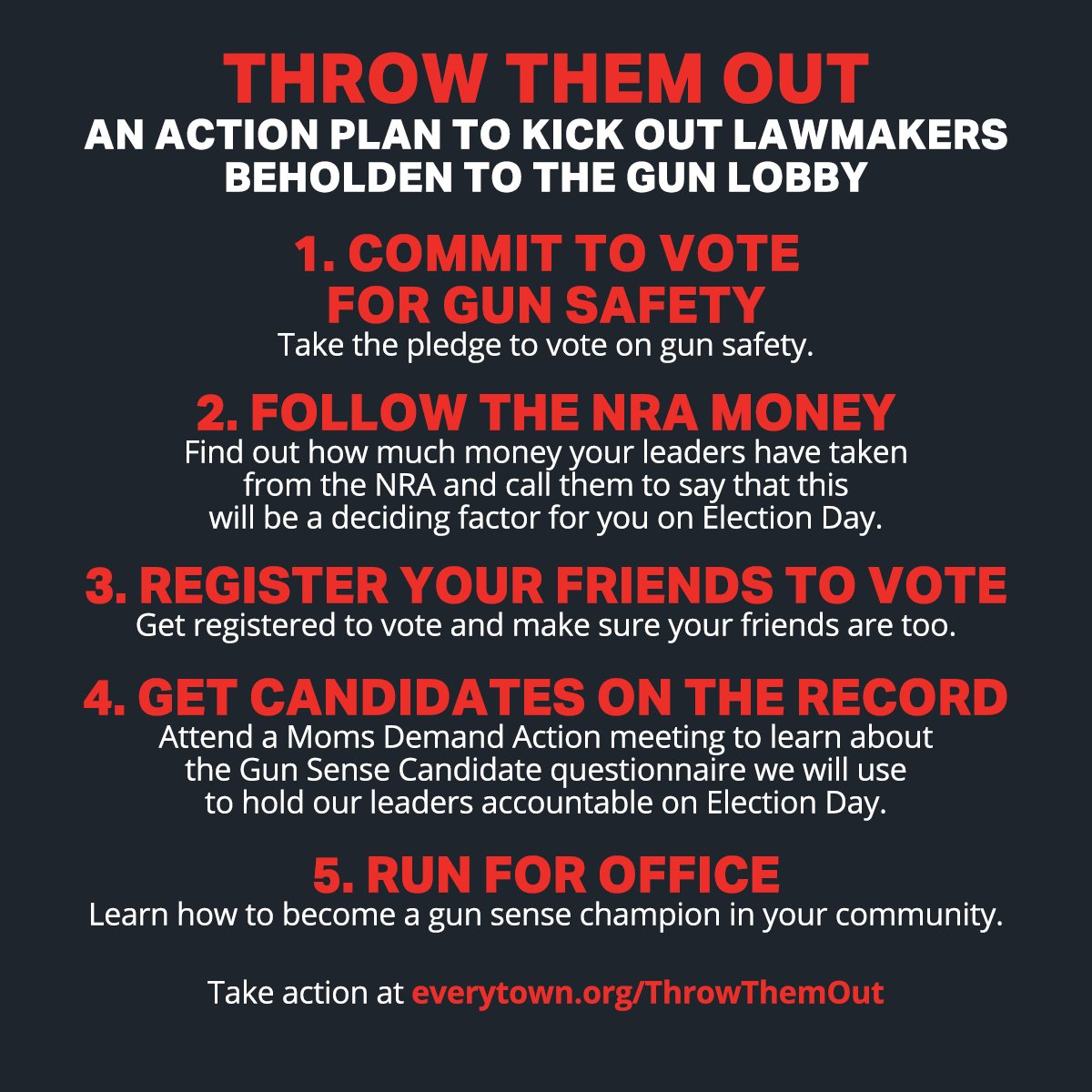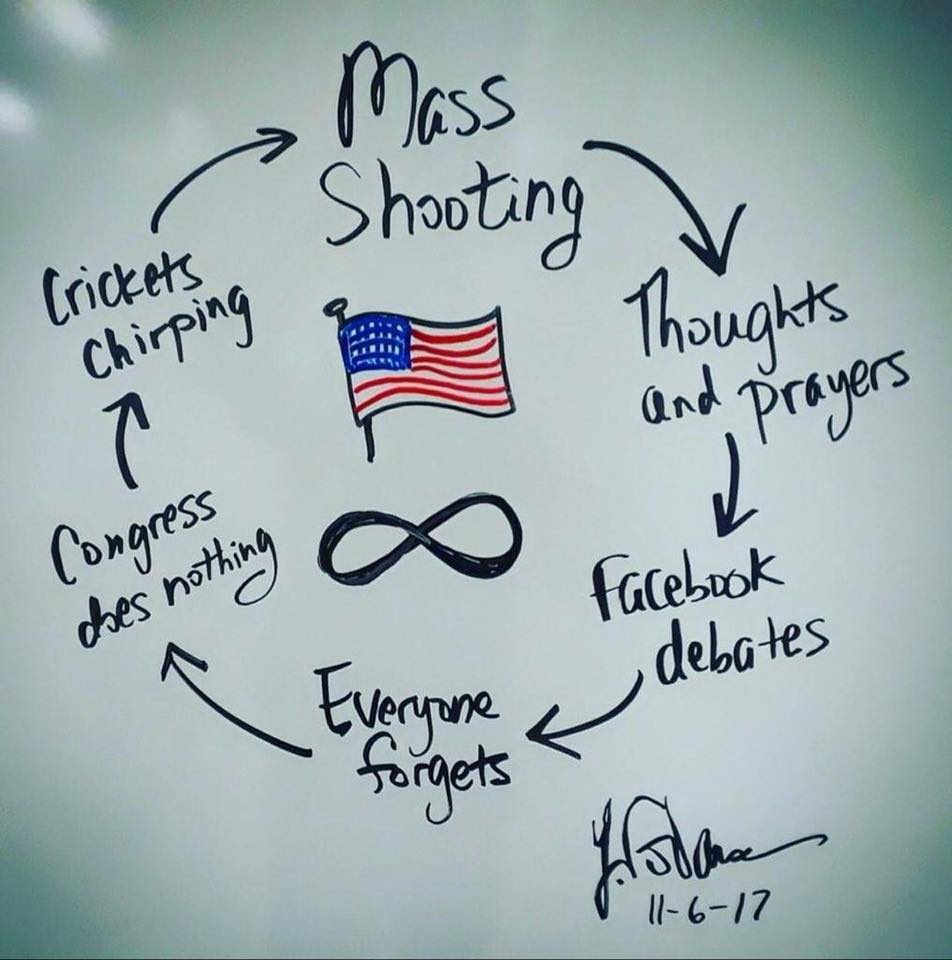Dear Ph and W,
You asked:
Why do they hate us? Why do they hate Jewish people?
The real answer to this question is: No one knows, because anti-Semitism is not logical.
History has proven that there is nothing that Jews can do or not do in order to make people unhate us. So, there is no real answer. The hate doesn’t make sense.
I’m so sorry that these questions have to be part of your lives AT ALL, EVER.
On the other hand, here are some explanations that might make sense to you.
One: The Jewish People are the Weeble Wobbles of human history. I mean, not exactly because they were TOYS but still – their song was – Weeble Wobbles wobble but they don’t fall down.
That’s us. Since Judaism began, we have undergone attacks, but we never disappear completely. We always find each other and rebuild. Some people are curious about this. Others are jealous.
Two: We are not like everyone else. Many people fear difference. Sure, we have lungs and blood like everyone else. We need air to breathe and water to drink like everyone else. We are human, and, also – we don’t believe like they do. We have our own religion. We don’t behave like they do. We have our own cultures – Jewish cultures and traditions from Yemen and Poland and Iraq and Spain as well as from the Land of Israel, where Judaism was born. Jews are different, and Jewish texts teach us to be more than okay with that – to be proud.
THAT is why Ph should become bat mitzvah and be part of confirmation, because THAT is your cultural inheritance. Becoming Bat Mitzvah within the Jewish Community is a gift to you from your Jewish ancestors and to them from you. You don’t have to cry about it! We are thrilled you want to become Bat Mitzvah! Later, joining a Confirmation Class will be your honor and privilege as a young adult who participates in Jewish community. We will be honored and blessed to celebrate you.
[And one day, we will walk the streets of Jerusalem and Yaffo/Jaffa and Haifa and enjoy the combinations of Jewish cultures all together in one Israeli neighborhood. You will see and taste and hear that Jewish people don’t all share the exact same cultures, but we still stick together.]
Three: Starting early in Jewish history, different empires and militaries have exiled us from the Land of Israel. In every country, on every continent, Jewish people have made their homes at one time or another. Some people thought that, if Jews went home to the Land of Israel, people would stop attacking us, but that didn’t work. Our ability to adapt to many places, times, and cultures seems to scare people. Some of them actually believe they are protecting themselves from us.
Four: Many non-Jewish people feel heartbroken when Jews die in hate crimes. When we grow strong again, however, it’s harder for them to feel sympathy for us. When there are Jewish generals and Jewish police captains, suddenly, they don’t see Jews as innocent anymore.
Does this make sense? Nope. Because we know that all Jews are not the same. There are Israeli politicians who make me sick. There are Israeli military leaders who have broken my heart over and over. However, Israelis and Jews still deserve safe, healthy lives. People who see one Jewish bad guy and decide to hate all of us, those people don’t think like we do. It’s our job to try to be honest and open – while we defend Israelis and Jews – even if they don’t WANT to understand us.
Five: Lots of people DON’T hate us. I think they probably don’t hate fat people or disabled people or people who don’t speak their language either. When some people get scared or angry, they forget about everyone but their own group. It’s easy for them to ignore the human rights of people who they think are different from them or less than they are – or people they think just might be able to take care of themselves. So, we do. If anyone told my bubbe, “take care of yourself,” she would answer: “If I don’t, who will.” She was quoting Hillel, a famous rabbi whose wisdom has survived many years.
Rabbi Hillel used to say:
If I am not for myself, who [will be] for me?
If I am [only] for myself, what am I?
If not now, when?
(Pirkei Avot 1:14)
We stand for ourselves, and we stand with others. We never wait to work toward justice – for everyone.
Six: Many people LOVE YOU. As your mom wisely said: Let’s focus on the people who love us and who stand by us. We love them back, and we stand with them.
Together, we always work to build a world of peace and safety for everyone – not just for the Jewish People or for Israel – for everyone – even if it takes a long time, even if it takes our lifetimes.
Seven: We always SURVIVE! We always stick together, and we have survived SO MUCH. I’m sorry that you need to learn about our worst times. I look forward to sharing good times with you too.
Love love love, Auntie Rabbi Susan


